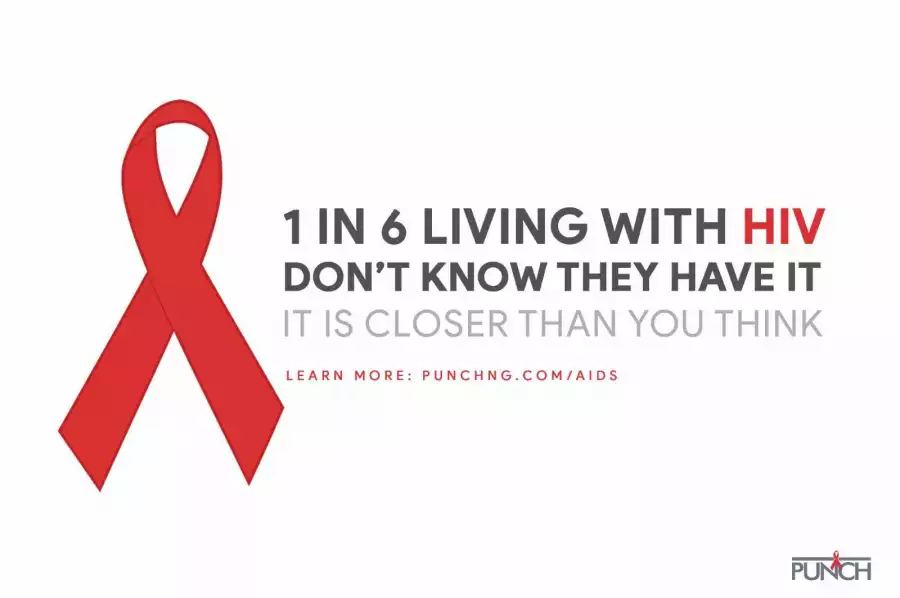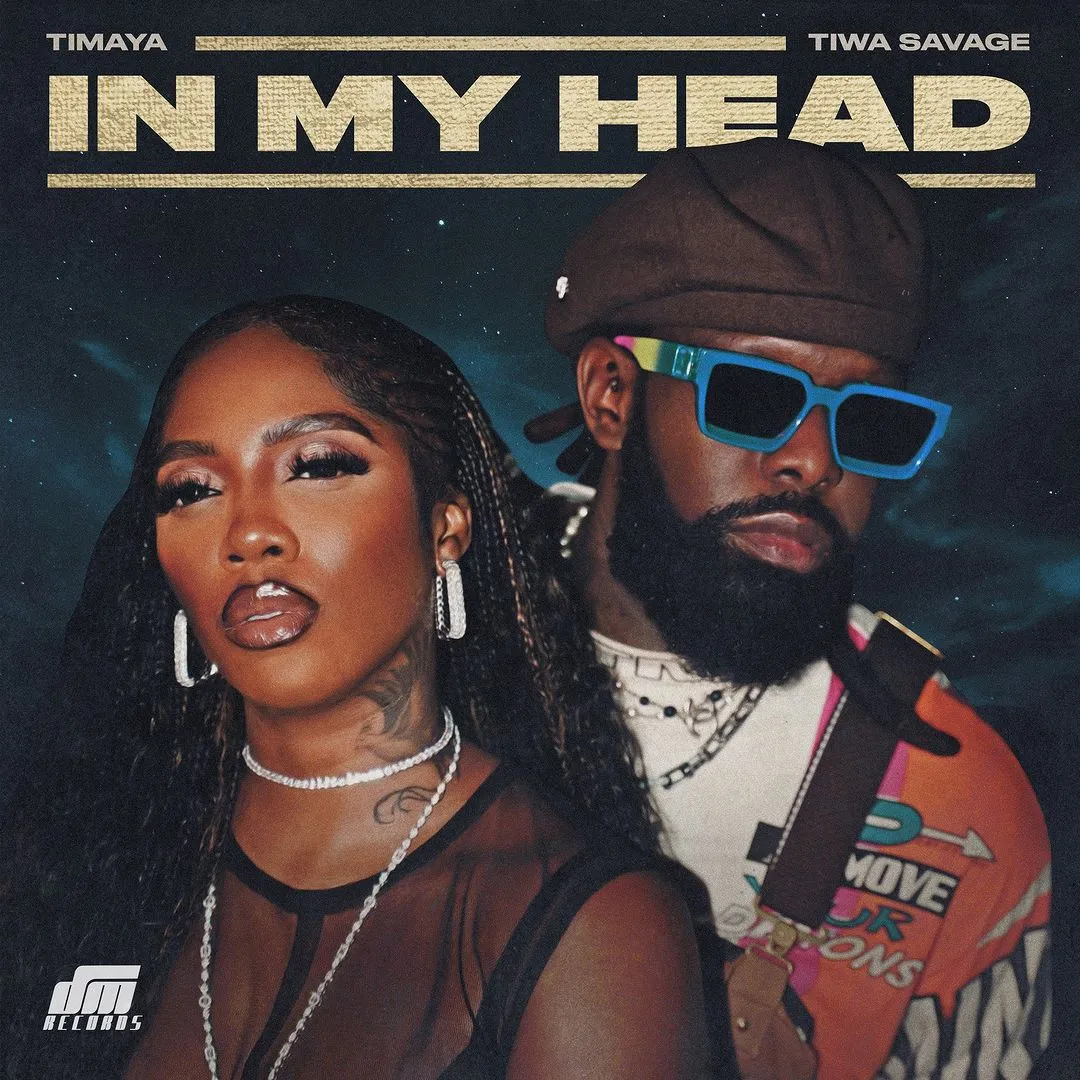Living with HIV-positive partner can be a test of faith for the uninformed. This is mainly because of the fear and the ignorance that surround this virus.
Here’s what to know if your partner is HIV-positive and you are HIV-negative.
To start with, a relationship such as yours is known as “mixed status.” A “mixed-status” relationship is a sexual relationship in which one partner is HIV-positive and the other is HIV-negative. This can involve a couple in a long-term relationship or a single encounter between two partners.
Other terms that are also used to describe such relationships include: serodiscordant, discordant, serodivergent, magnetic and HIV-positive/negative.
Beyond the nomenclature, though, you need to know how to protect yourself so that you also don’t become HIV-positive during your relationship. Remember, the global goal is to achieve zero-HIV infection and zero AIDS-related death.
To start with, you must realise that as far as mixed-status couples are concerned, the possibility of HIV infection is a constant reality. There is always a risk of transmitting HIV, but you can minimise it. How do you achieve this? Here…
• Encourage your HIV-positive partner to enrol in the hospital, where s/he can regularly receive HIV medications, otherwise called antiretroviral therapy (ART).
• Encourage your partner to take all of his/her HIV medications at the right time. This ‘medication adherence’ will lower your partner’s viral load, keep your partner healthy, and reduce your own risk of getting infected with HIV.
• Use condoms consistently and correctly. When used correctly and consistently, condoms are highly effective in preventing HIV infection, as well as other sexually transmitted diseases.
• Both male and female condoms are available. Ask your neighbourhood pharmacist.
• Choose less risky sexual behaviours. For instance, if your partner is HIV-positive, don’t practice oral or anal sex with him/her.
• Anal sex is the highest-risk sexual activity for HIV transmission.
• HIV can be sexually transmitted via blood, semen, pre-seminal fluid, rectal fluid, and vaginal fluid.
• Talk to your doctor about pre-exposure prophylaxis (PrEP). This is a way for people who don’t have HIV to prevent HIV infection by taking a pill every day.
• The pill contains two medicines that are also used to treat HIV. Along with other prevention methods like condoms, PrEP can offer good protection against HIV if taken every day.
• Doctors recommend PrEP for people who are HIV-negative but at substantial risk for HIV infection. This includes HIV-negative individuals who are in an ongoing relationship with an HIV-positive partner, as well at others at high risk.
• Get tested for HIV at least once a year so that you are sure about your HIV status and can take action to keep healthy.
• Get tested and treated for other Sexually Transmitted Diseases and encourage your partner to do the same. STDs can have long-term health consequences. They can also increase your chance of getting HIV.
• If either of you are sexually active outside the partnership, you should get tested at least once a year and talk to your provider about whether more frequent testing is of benefit
Related forums








![Snake Skin Beauty (2024) [Chinese]](https://www.memesng.com/r/storage.waploaded.com/images/ef481e7e5ad06fe603d588a2f2e17b90.jpg?w=50&ulb=true&ssl=1)
![My Dear Donga (2024) [Telugu]](https://www.memesng.com/r/storage.waploaded.com/images/536e471183e6285f2621d5e66511aceb.jpg?w=50&ulb=true&ssl=1)
![La Soga 3 Vengeance (2023) [Spanish]](https://www.memesng.com/r/storage.waploaded.com/images/920fbd2c4e72b0f304a41aa7b09cffe9.jpg?w=50&ulb=true&ssl=1)
![Yavarum Vallavare (2024) [Tamil]](https://www.memesng.com/r/storage.waploaded.com/images/1f00382110f5c04439cd284879674537.jpg?w=50&ulb=true&ssl=1)










![Suji and Uri (2024) [Korean] (TV series)](https://www.memesng.com/r/storage.waploaded.com/images/394b198e59e3725ad4fa904e225d43dc.jpg?w=50&ulb=true&ssl=1)
![In Cold Blood (2024) [Korean] (TV series)](https://www.memesng.com/r/storage.waploaded.com/images/64d0b2050777280ade35b2797b34c503.jpg?w=50&ulb=true&ssl=1)
![Hard to Find (2024) [Chinese] (TV series)](https://www.memesng.com/r/storage.waploaded.com/images/cbbaa0d3ae912198b992a53af30d2361.jpg?w=50&ulb=true&ssl=1)
{{comment.anon_name ?? comment.full_name}}
{{timeAgo(comment.date_added)}}
{{comment.body}}
{{subComment.anon_name ?? subComment.full_name}}
{{timeAgo(subComment.date_added)}}
{{subComment.body}}